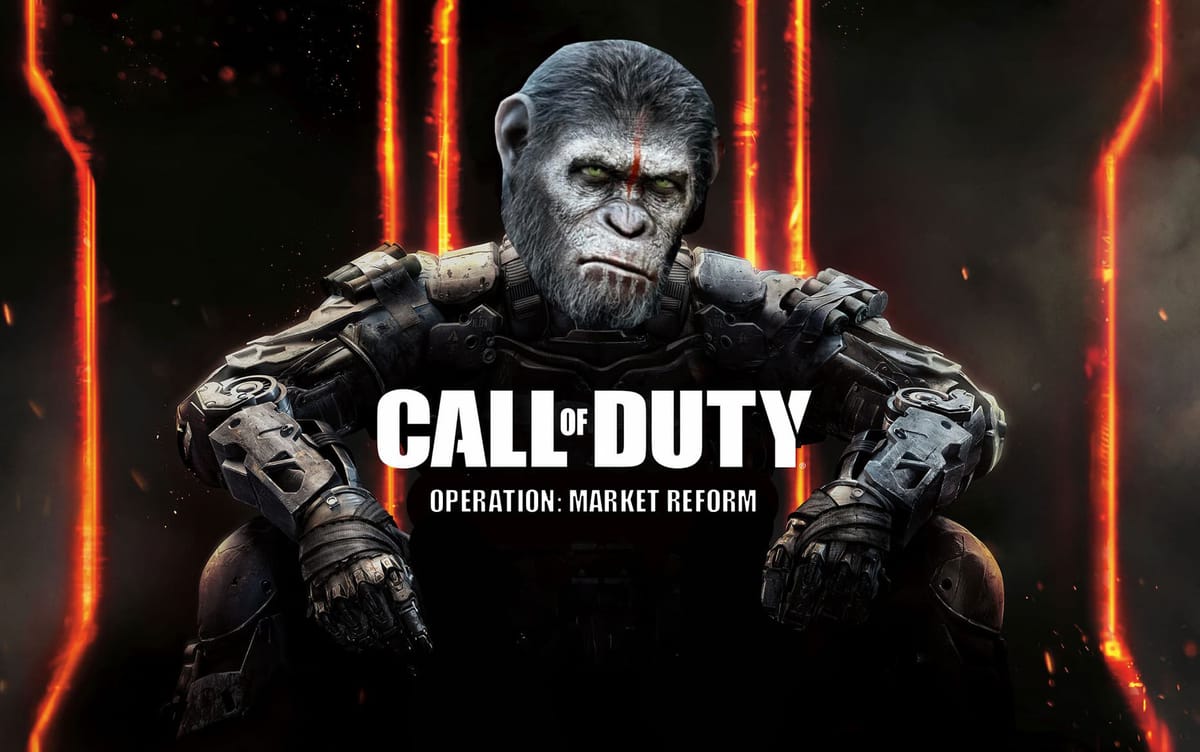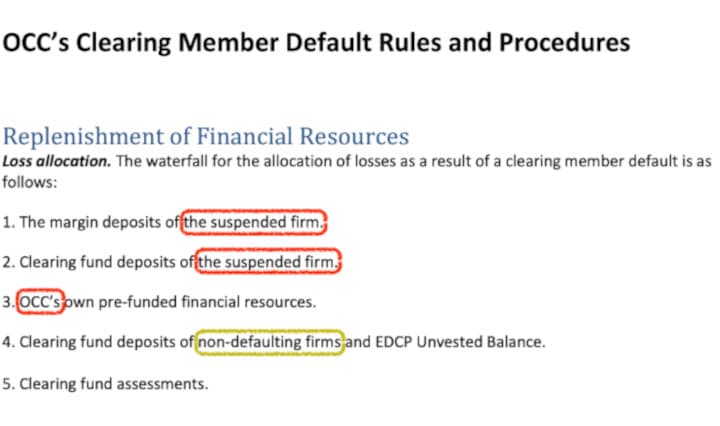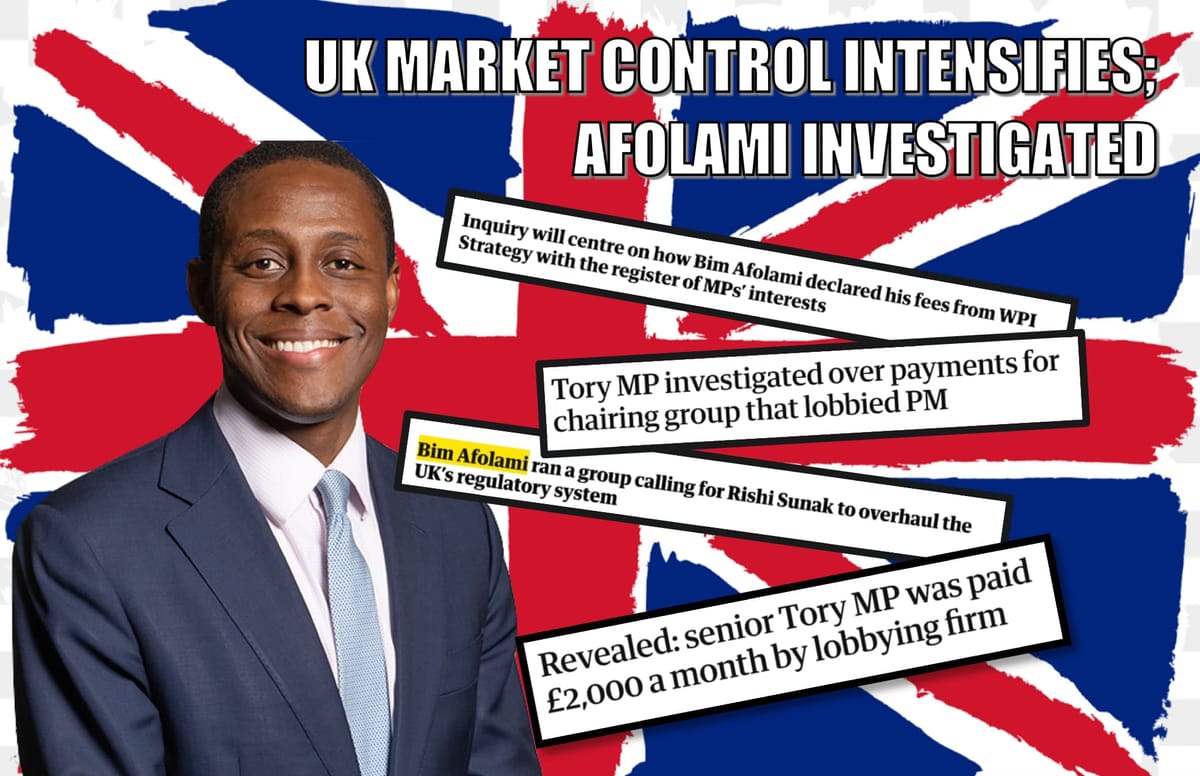🚀🚀🚀This is the Metaverse! A dive into GameStop's NFT goodness to come🚀🚀🚀
Salutations r/Superstonk, neighborhood Jellyfish here, I would like to talk about the future—specifically GME’s NFT future and the coming metaverse. This one is long and there isn't a TL:DR because I am covering A LOT of ground on this one. I have done my damndest to make sure if you give me the time, it is worth your time.
Jellyfish, what the heck is a metaverse?
A metaverse is a term for a series of interlinked, persistent virtual worlds with self-contained economies.
If you would like even further background on Metaverses, I made a post a few days back with Nvidia’s CEO Jensen Huang discussing the topic in detail.
Jellyfish, why should I care about this, how is it even connected to GameStop?
Great question! We are all hyped for 7/14 and whatever may come with the NFT launch. Now, the exact breadth and scope of the NFT project is still a mystery, so I admit I am going to be speculating a lot here.
With that said, prominently featured on the GME NFT page is a link to an Ethereum address—indicating that GameStop is utilizing Ethereum as its foundation in this foray into blockchain. Furthermore, the smart contract code states "Game On Anon" and links to GameStop's NFT page, which indicates that potential GameStop-released NFTs will utilize Ethereum's ERC721 standard. The code also points to a dedicated token, GME.
Ok, we are going to stop here and try and unpack some of this, because there is a lot here to digest! I am sure many of you are still trying to get your head around what Ethereum/Ether (or blockchain) even is!
First, let's talk about blockchains. A blockchain is a public database that is updated and shared across many, many, many computers in a network.
Breaking the word down further, "Block" has to do with the fact data and state are stored in chronological "blocks". If you want to send ETH to someone, the transaction data must be added to a block for it to be recorded.
"Chain" is a reference to each block cryptographically referencing its parent block. A block's data cannot be changed without changing all subsequent blocks, which would require the approval of the entire network—this is why the data being entered is considered immutable.
Each new block (and the chain as a whole) must be agreed upon by every computer participating in the network. These computers are known as "nodes" and the reason agreement is required is so everyone has the same data. To accomplish this, blockchains need a consensus mechanism—protocols that make sure all nodes are synchronized with each other and agree on which transactions are legitimate and should be added to the blockchain.
Ethereum is shifting to Proof-of-Stake (PoS), but currently uses a proof-of-work (PoW) consensus mechanism. Happy to talk through protocols further in the comments (and what the implications of Proof-of-Stake are if anyone has questions), but all you need to know for now is that anyone who would like to add new blocks to the chain must solve a difficult puzzle (think Sudoku on steroids?), which requires a LOT of computing power. Solving the puzzle is known as mining. Mining is typically brute force trial and error but the miner who solves the puzzle first adds the block and is rewarded in ETH.
When new blocks are added, they are shared to the nodes in the network, checked, and verified, which then updates the state of the blockchain for everyone.
So, to recap the steps of a transaction getting added to the blockchain, when you send ETH to someone, the transaction must be mined and included in a new block. This updated state is shared with the entire network and everyone is kept on the same page since everyone is working off the ‘same set of books’.
Sidenote, I think this is what folks are hoping gets implemented in the stock market overall to cut down on centralized data keepers fudging their numbers…
Ok, jellyfish, get back on topic! We get blockchain and how a transaction happens, but what in the Sam Hill is Ethereum/Eth, and are you ever going to get back to talking about Metaverse or NFTs? Starting to feel bamboozled here!
Right, think of Ethereum as a worldwide public digital ledger and decentralized computer that can run applications called DAps, which is backend code running on Ethereum’s decentralized peer-to-peer network. This is in contrast with an app where the backend code is running on centralized servers. Everyone participating in the Ethereum network (the nodes we talked about up top) keeps a copy of the state of this computer.
Additionally, anyone can send a request for this computer to perform work or run their DAap. Whenever a request is broadcast, other participants on the network verify, validate, and carry out (“execute order 66 meme”) the computation. This causes a state change in the worldwide computer, which is then committed and propagated throughout the network. The requests for computation are called transaction requests.
TL:DR Ethereum is the record of all transactions, as well as the worldwide computer’s present state—stored in the blockchain, which in turn is stored and agreed upon by all nodes.
OK. Let’s tackle Ether!
Ether is the actual cryptocurrency of the Ethereum network. It allows for the existence of a market for computation, as it provides an economic incentive for participants to verify/execute other users transaction requests and to provide the required resources to the network to complete the transaction.
Anyone who broadcasts a transaction request must also offer some amount of ether to the Gods, err, I mean network, as a reward to whoever eventually does the work of verifying, executing, committing the transaction to the blockchain, and broadcasting it to the network.
The amount of ether paid in a transaction is a function of the amount of work being requested. This also stops bad actors from intentionally clogging the network by requesting the execution of infinite loops or resource-intensive scripts, as they will be continually charged. It really is pretty nifty how economic incentives are aligned!
PHEW! That is a lot already and we haven’t even covered the topic of the post yet! I PROMISE I am almost there (and that this should get more fun and less beat you over the head with new shit), but we need to talk about one more thing first: Smart Contracts
Smart Contracts are programs developers upload to the Ethereum worldwide computer, that users are then able to interact with and make requests to for execution.
At a 420 level, you can sort of think of a smart contract like a vending machine transaction:
-
- You want Doritos (selection A1)
-
- Hitting the machine's buttons, a smart contract called under certain conditions (pressing a1 on the dial pad for Doritos), performs some actions.
-
- If certain conditions are satisfied (you put enough money in the machine to cover the cost of the chips), the contract executes and the machine drops the bag of Doritos.
A GME example could be a smart contract that creates and assigns ownership of a digital game if the caller sends money to a specific recipient.
Thus, with smart contracts, developers can build and deploy arbitrarily complex user-facing apps and services: marketplaces, financial instruments, games, etc.—one’s imagination is really the limit.
So why did we need to talk about Smart Contracts? Recall how I mentioned DAps above? GameStop’s NFT project (and the coming metaverse) is essentially one big GameStop DAap! However, without smart contracts and oracles (I’ll get to this later), it is impossible to connect what is going on GMEland to the Ethereum Network in the real world and vice versa!
So to recap (and I promise done with the heavy level setting!), we now know what the Ethereum blockchain is and how the mechanics of it works, and how through smart contracts GameStop will be able to set up their NFT Metaverse Marketplace.
OK, Jellyfish, I think I am starting to get the gist of all of this, but what does it really mean? What can you do with this NFT stuff? Didn’t Coinbase’s cofounder say 90% of these things will be worthless in 3-5 years?
Yes, this would be true if GameStop was only interested in digital art. However, we all know RC has some tricks up his sleeve and I think they could be things like:
-A blizzard entertainment partnership where they leverage GameStop’s NFT marketplace and brand loyalty built up through the MOASS for Diablo or Warcraft with NFT loot?
-A partnership with online card games like Pokémon with NFT trade-able cards?
-An RPG-style D&D game where your character is an NFT that can transfer across multiple video games?
-Imagine being able to resell your used digitally downloaded video games with the publisher still able to get a cut for their work?
-What if they partner with Age of Rust and let it on the GameStop NFT marketplace?
-Maybe they work with NFT Ghost?
-I see these guys as more of a competitor currently, but what if Dapper Labs want to take advantage of GameStop’s brand loyalty customer base to market Top Shot, CryptoKitties, Wizards, or Dapper in the GME NFT MArketplace?
-Suppose Matthew Finestone makes use of his vast zkrollup knowledge and is able to integrate the ImmutableX NFT into GameStop’s ecosystem?
The possibilities are endless, especially as more and more companies embrace NFT’s as well!!:
My question to you is, do you think all of these companies are going to stand up their own NFT marketplaces (like the streaming services setup today Hulu, Disney+, Netflix, Prime, etc), or do you think our Chairman has greater ambitions to leverage the GameStop brand and customer loyalty to create the PREMIERE NFT Metaverse Marketplace available—a la the Apple App Store or Google Play Store?
My bet is on our boy is going BIG, and I cannot wait to find out!
This brings me to my last topic and what I am most curious to learn about with the NFT launch date fast approaching—what Oracle approach are they going to take?
In crypto, an Oracle provides real-world data to smart contracts on the blockchain—this is where the rubber meets the road. For smart contracts to execute agreements beyond those that pertain to data found on their own blockchain, they require real-world data in an on-chain format. Oracles are ‘middleware’ that acts as an intermediary, translating data from the real world (Customer paid for their digital game) to smart contracts on the blockchain (unlocks digital download code) and back (sent to user automagically) again.
If the oracle is faulty or compromised, how would you know if your data is accurate? What good is a secure, trustworthy smart contract on the blockchain if the data that feeds it is in question? This is the problem projects like Band, Uniswap, Chainlink (and a slew of others) are looking to solve.
If anyone from the GameStop blockchain team is reading this, I feel getting this decision right is of greatest importance as this will act as the Spinal Cord to the big sexy Brain you guys are building.
To that end, I hope you have done your homework on Chainlink. They are doing work to be the Oracle solution in the space with solutions for:
Price Feeds
Proof of Reserve
Insurable IoT Events
Keeper Maintenance
Fiat/Crypto Payments
Verifiable Randomness
Layer2 Rollup Validation
Fair Sequencing Services
Enterprise Gateway to Web3
Cross-Chain Communication
Blockchain Abstraction Layer
There you have it! The NFT future for GameStop is extremely bright and hopefully, this has helped you gain a better understanding of the mechanics of everything to come.
This is without even bringing up and getting into how they could tokenize their shares or offer a crypto dividend moving forward....
I hope I didn't screw this up too bad and I hope everyone enjoys the rest of their weekend!


